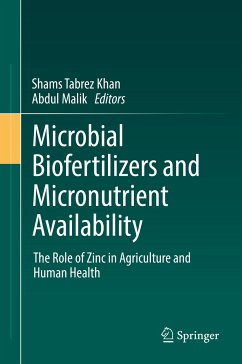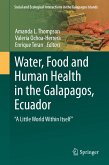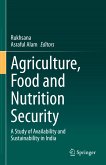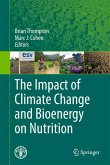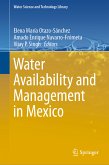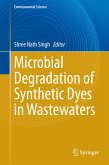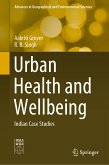This volume addresses various issues related to micronutrient deficiency, especially zinc, and discusses the possible approaches for combating mineral deficiency among humans and plants. The book mainly focuses on the zinc biofortification of vegetable and cereal crops and highlights the consequences of zinc deficiency and the health risks associated with zinc deficiency, especially in children and expecting mothers. The authors discuss different types of food that are rich in zinc and other minerals, how diets can be designed to meet the daily zinc requirements, and the impact of zinc deficiency on plant health and quality of agricultural products and the role of micronutrients in abiotic stress tolerance. The book also covers sustainable approaches to zinc biofortification in crops, such as the microbial solubilization of zinc in soil to improve zinc uptake by plants, and the formulation of these microbes into biofertilizers. The book will be of interest to dieticians, agricultural scientists, students and microbiologists.
Dieser Download kann aus rechtlichen Gründen nur mit Rechnungsadresse in A, B, BG, CY, CZ, D, DK, EW, E, FIN, F, GR, HR, H, IRL, I, LT, L, LR, M, NL, PL, P, R, S, SLO, SK ausgeliefert werden.

